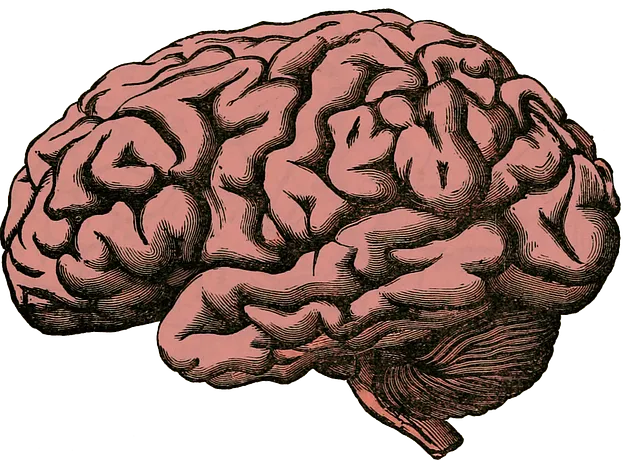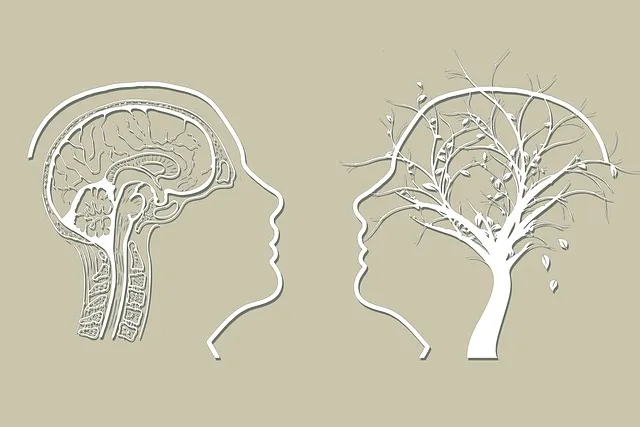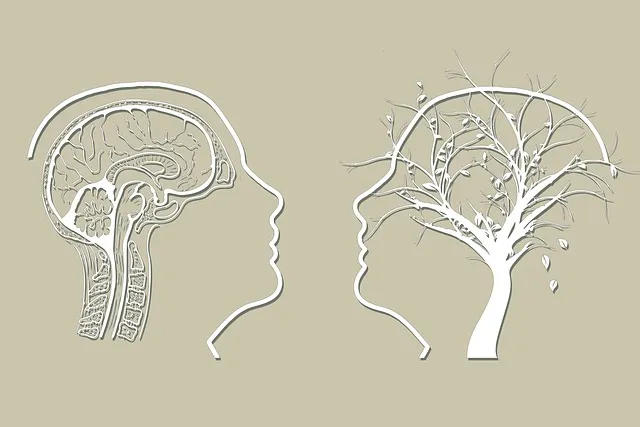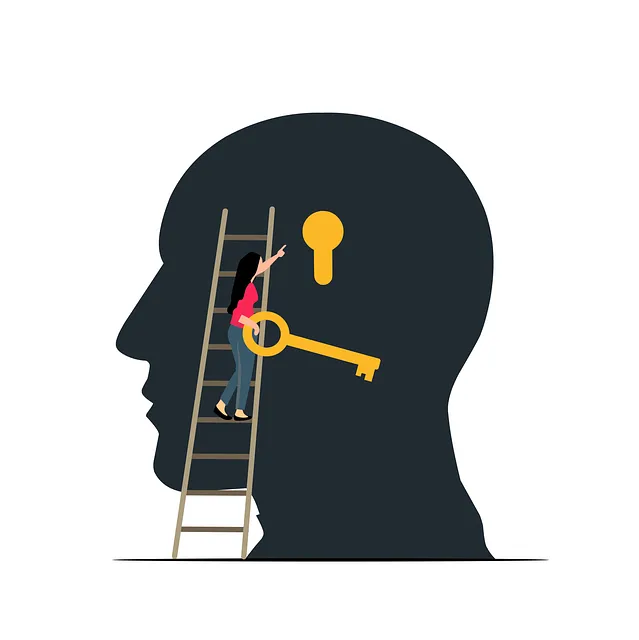Denver Kaiser Permanente has pioneered a patient-centric approach to mental health support through effective group facilitation, leveraging trained professionals and diverse services like Social Skills Training. They create safe, inclusive environments that encourage open communication, trust building, and peer connection using structured activities and collaborative problem-solving. This model ensures tailored mental health appointments, with tools like "Self-Care Routine Development" and virtual consultations, empowering individuals to manage their wellness proactively. Success is measured through participant engagement tracking, with continuous adaptation based on assessment results, maintaining a dynamic yet supportive atmosphere.
Mental wellness group facilitation is a powerful tool, especially in today’s digital age. This article explores effective techniques, drawing insights from Denver Kaiser Permanente’s successful approach to mental health support. We’ll delve into understanding group dynamics, creating safe spaces, engaging participants, and measuring success. Learn how these strategies, inspired by innovative practices like Denver Kaiser Permanente’s mental health appointment number system, can revolutionize your facilitation style for optimal participant outcomes.
- Understanding Group Dynamics for Effective Facilitation
- Denver Kaiser Permanente's Approach to Mental Health Support
- Key Techniques to Create a Safe and Inclusive Environment
- Strategies for Engaging and Motivating Participants
- Measuring Success and Adapting Facilitation Techniques
Understanding Group Dynamics for Effective Facilitation

Understanding group dynamics is a cornerstone for effective facilitation. In a mental wellness setting, groups can be diverse and complex, with individuals bringing unique experiences, perspectives, and challenges. Facilitators must navigate these complexities to create a safe, supportive, and inclusive environment where every member feels heard and valued. This involves recognizing power imbalances, understanding non-verbal cues, and fostering open communication. By cultivating emotional intelligence, facilitators can provide Crisis Intervention Guidance tailored to individual needs while promoting group cohesion.
Social Skills Training plays a crucial role in this process, helping members develop the interpersonal abilities necessary for effective engagement and collaboration. Through structured activities and collaborative problem-solving, facilitators encourage positive interactions, build trust, and strengthen support networks. By understanding and managing these dynamics effectively, mental wellness group facilitators at Denver Kaiser Permanente can enhance the therapeutic experience, ensuring appointments (e.g., mental health appointment number) are not just productive but also transformative.
Denver Kaiser Permanente's Approach to Mental Health Support

Denver Kaiser Permanente has pioneered an innovative approach to mental health support, offering a comprehensive and accessible system for individuals seeking care. Their strategy revolves around a patient-centric model, where group facilitation plays a pivotal role in fostering mental wellness. By organizing small group sessions, often led by trained professionals, they create a safe and supportive environment for open dialogue and peer connection. This approach not only enhances the overall therapeutic experience but also encourages a sense of community, which is essential for overcoming mental health challenges.
The organization’s commitment to accessibility is evident through their various initiatives, including an extensive Mental Health Appointment Number hotline and an online Mental Wellness Podcast Series Production. This multi-faceted approach ensures that individuals can readily access resources tailored to their needs. Furthermore, Denver Kaiser Permanente promotes Emotional Intelligence as a cornerstone of their programs, empowering patients with the skills to navigate life’s complexities and strengthen their mental resilience, thereby effectively preventing depression and other mental health disorders.
Key Techniques to Create a Safe and Inclusive Environment

Creating a safe and inclusive environment is a cornerstone of effective group facilitation, especially when addressing mental wellness. Facilitators should prioritize building a non-judgmental atmosphere where every participant feels seen and heard. This involves active listening, validating emotions, and fostering an understanding that diverse experiences contribute to collective healing. Incorporating ground rules established by the group, with emphasis on respect, confidentiality, and open communication, further strengthens this safe space.
In Denver, Kaiser Permanente offers mental health services through various channels, including in-person appointments and virtual consultations. The “Self-Care Routine Development for Better Mental Health” can be a powerful tool within these sessions. Encouraging participants to maintain a mental wellness journal is another effective practice, providing them with a private space to reflect on their experiences and engage in “Mental Wellness Journaling Exercise Guidance.” These self-care practices not only complement the group’s collective journey but also empower individuals to take ownership of their mental health between appointments, ultimately enhancing the overall therapeutic experience.
Strategies for Engaging and Motivating Participants

Engaging and motivating participants is a key aspect of effective mental wellness group facilitation. One strategy involves creating a safe and supportive environment where everyone feels heard and respected. This can be achieved through icebreakers, storytelling, and active listening exercises that encourage open dialogue. Facilitators should also adapt their approach to different learning styles, incorporating visual aids, small group discussions, and interactive activities to cater to diverse needs.
Additionally, leveraging Conflict Resolution Techniques can foster a positive atmosphere. Teaching participants constructive ways to navigate disagreements not only promotes healthy communication but also empowers them with tools for managing stress and anxiety. Incorporating Anxiety Relief strategies like mindfulness exercises and breathing techniques into the group dynamic can help individuals feel calmer and more centered throughout the session. Customizing Mental Health Education Programs Design to address specific concerns or topics relevant to the group, such as managing chronic conditions or improving sleep, further enhances engagement by directly addressing their unique challenges.
Measuring Success and Adapting Facilitation Techniques

Measuring success is a vital aspect of group facilitation, allowing mental health professionals to assess the effectiveness of their interventions. This process involves tracking participant engagement, attitudes, and behaviors before and after sessions using various tools such as surveys, feedback forms, or structured interviews. By comparing these data points, facilitators can gauge progress in areas like symptom reduction, enhanced coping strategies, and improved social connections. The Denver Kaiser Permanente mental health appointment number serves as a reminder of the accessibility of resources for both professionals and clients, underlining the importance of regular assessment and adaptation in treatment approaches.
Adaptability is key to successful group facilitation. Facilitators should be prepared to adjust their techniques based on the dynamics of the group and individual needs. For instance, if initial risk assessments indicate severe depression or suicidal ideation among members, additional support or a more intensive intervention might be required. Conversely, if participants show significant improvement in Mental Health Awareness, facilitators can gradually introduce new topics or activities to challenge and further engage them. Regularly conducting risk assessments for mental health professionals ensures that they remain attuned to the evolving needs of their clients, fostering a safe and supportive group environment.
Group facilitation techniques are powerful tools in enhancing mental wellness, as evidenced by Denver Kaiser Permanente’s successful approach. By understanding group dynamics and employing strategies like creating safe spaces and engaging participants, facilitators can significantly impact individuals’ well-being. The techniques discussed here offer a framework for improving support systems, ensuring that everyone has access to the resources they need. Whether through structured activities or adaptive measures, these methods can revolutionize mental health care, making each appointment with Denver Kaiser Permanente’s support a transformative experience.






